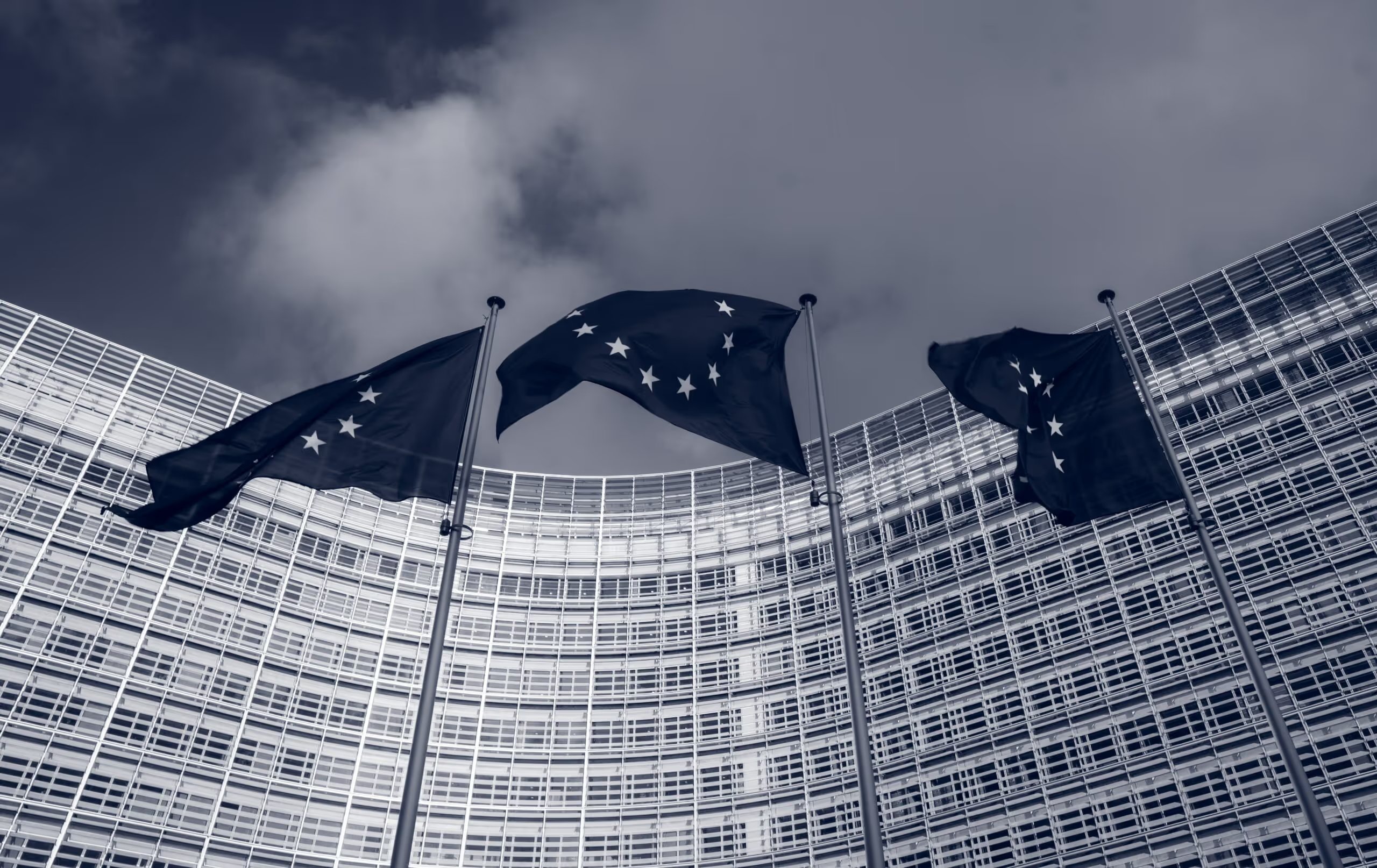
The EU Looks to Overhaul their AML and CTF Approach
The EU's AML regulations are often interpreted differently from one nation to the next, and legislative gaps in one country can lead to negative impacts across the EU. As a result, the EU is looking to overhaul its AML and CTF approach.
Establishing the AMLA
The AMLA will be the central authority that works with national regulators. They will ensure that organizations in the private sector accurately and consistently apply the EU rules. Likewise, they will help individual Financial Intelligence Units by improving their resources and analytical capabilities. By doing so, they can make the FIUs key partners for law enforcement agencies.
Here is a high-level overview of everything the AMLA will be tasked with:
- Create an integrated system for AML supervision EU that follows the highest level of standards
- Support the Financial Intelligence Units to better detect illicit transactions happening across borders and improve their analysis efforts
- Directly supervise financial institutions that pose the highest risk by taking action to address imminent concerns
- Coordinate with and monitor the national entities responsible for financial and non-financial entities that must comply with AML/CFT regulations
In other words, the AMLA will have a diverse set of tools at its disposal to allow the EU to keep up with rapidly evolving risks. The international environment is complex and moves quickly - so the new approach will help them better manage it.
AMLD6
This new legislation also introduces AMLD6, which is the sixth directive on AML/CFT. AMLD6 will replace the fourth AML directive, which was already amended by AMLD5. Eventually, they will transpose it into national law.
It includes provisions that govern the Financial Intelligence Units and national supervisors within the member states. Anyone that initiates, facilitates, or incites financial crimes will also be held criminally liable. Likewise, those that financially benefitted from illicit activities will also be legally culpable.
Increased Standardization
This overhaul has a significant emphasis on standardization. The Single EU Rulebook for AML/CFT will provide more detailed regulations on beneficial ownership, customer due diligence, and more. As a result, the laws will be less subjective and allow the application across borders to be more consistent.
By connecting existing national bank account registers and FIU databases, it will be easier for member nations to conduct financial investigations and recover criminal assets. All the financial data that is shared will be subject to stringent security requirements as well.
The FIUs can quickly access data, resources, and even safe deposit boxes to complete their investigation - even if the criminal activity is happening in another member state.
New Limits on Large Cash Payments
Another way that the EU plans to crack down on money laundering schemes is by limiting large cash payments across the region. This is traditionally an easy way for perpetrators to launder money, as it can be tough for regulators to detect cash transactions.
The proposal imposes an EU-wide limit of €10,000 on large cash payments – a rule that already exists in more than half of the member states. However, the cash limits vary, so this will unify the laws and ensure that they are applied equally regardless of where in the EU a transaction takes place.
It is important to note that if a nation has a limit under €10,000, then that law will still apply. The goal is to prevent money launderers to use cash payments to introduce illicit funds into the financial system.
EU Watchlists
The legislative proposal also includes the establishment of EU watchlists, like those already published by the Financial Action Task Force, or FATF. There will be a black-list and a grey-list, which will mimic the structure they have in place.
If the FATF lists a country as high risk, then the EU’s list will be updated accordingly. Doing so will ensure that the measures they apply are consistent with what the rest of the world is doing, based on the risk posed by each country.
However, the proposal does allow for the EU to identify countries that the FATF does not list. If they perform an autonomous assessment and deem a country a threat to the EU's financial system, these measures will apply.
Addressing Cryptocurrency
One of the ways that the new proposal addresses evolving risks is by applying AML and CFT rules to the crypto sector. There are only a few areas where crypto service providers fall under the current EU rules, and this new legislation aims to correct that.
All service providers will be required to perform due diligence procedures on their customers to ensure that everything is traceable and legal. Anonymous crypto asset wallets will no longer be allowed, which will align this sector with the rules that other financial institutions are required to follow.
Think about it – you can’t create an anonymous bank account, so the goal is to treat crypto providers like any other banking entity.
That means the EU is strengthening its position to prevent and detect the potential use of digital tokens like Bitcoin for terrorism financing or money laundering.
Looking Into the Future
So, what are the next steps involved with implementing the new AML and CTF approach?
First, the European Parliament and Council will review the package. It should be discussed rather quickly, as the goal is for the AMLA to be fully operational by 2024. Once the directive has been transposed, the new regulations will apply - and the AMLA can begin to oversee FIUs and national supervisors.
The Sanctions & Crime Data API for your AML screening process
sanctions.io is a comprehensive Anti-Money Laundering solution with a simple to integrate API which companies can use to continuously scan their clients and business partners against the most important Sanctions & Crime Lists.
Start your 7 Day FREE TRIAL right here.
Photo by Christian Lue on Unsplash



